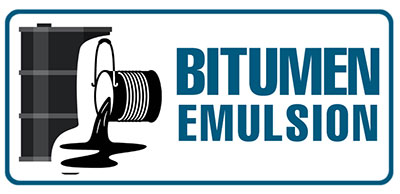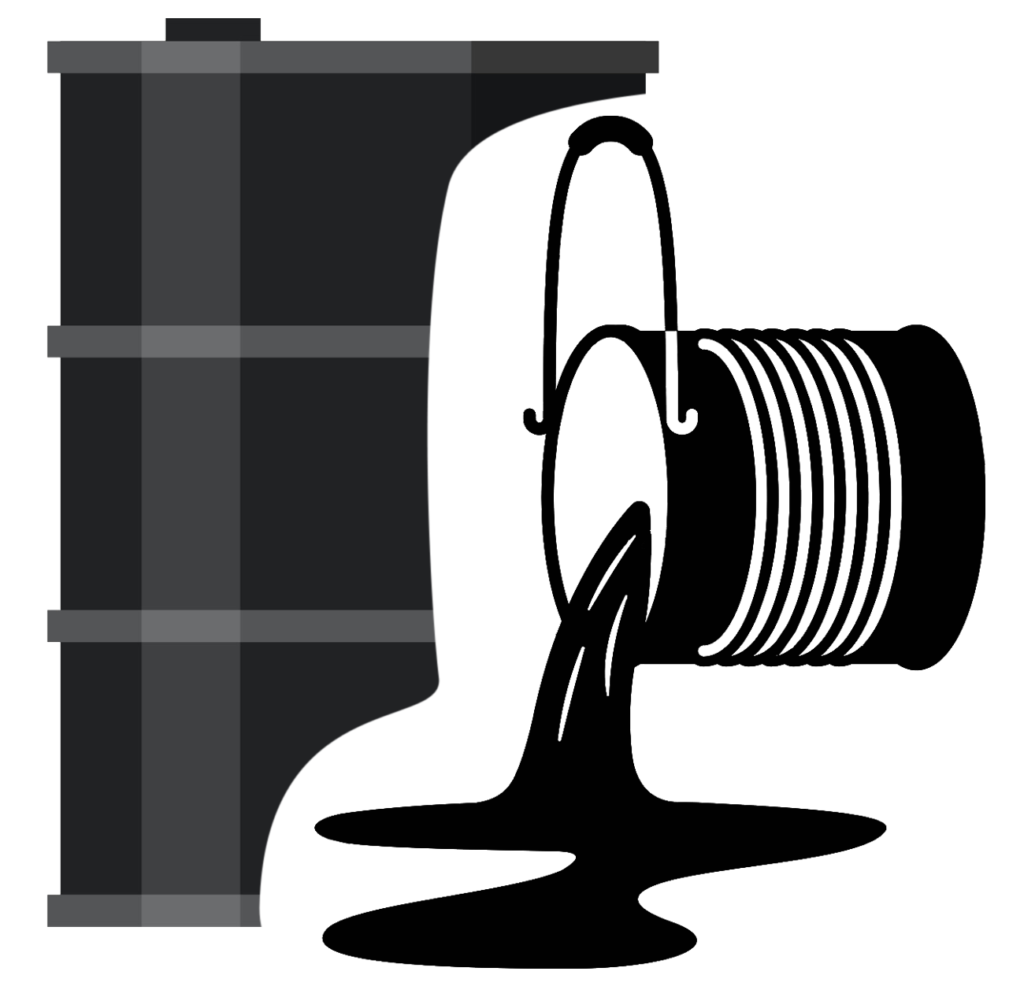


Bitumen emulsion is a liquid mixture of bitumen, water, and an emulsifier. The emulsifier acts as a surfactant, which helps to keep the bitumen dispersed in the water. Bitumen emulsions are used in a variety of applications, including:
Road construction and maintenance: Bitumen emulsion is used as a binder in cold-mix asphalt, which is a type of asphalt that can be applied at ambient temperatures. Bitumen emulsion is also used to seal cracks and potholes in existing roads.
Waterproofing: Bitumen emulsion can be used to waterproof roofs, foundations, and other structures. It can also be used to make bituminous membranes, which are used to create watertight barriers.
Adhesive: Bitumen emulsion can be used as an adhesive to bond materials together. It is commonly used to bond roofing materials, insulation, and waterproofing membranes.
Soil stabilization: Bitumen emulsion can be used to stabilize soils, making them less susceptible to erosion and failure.
Bitumen emulsions are classified into two main types: anionic and cationic. Anionic bitumen emulsions are negatively charged, while cationic bitumen emulsions are positively charged. The type of bitumen emulsion used depends on the specific application. For example, anionic bitumen emulsions are typically used for waterproofing applications, while cationic bitumen emulsions are typically used for road construction and maintenance applications.
Bitumen emulsions have a number of advantages over other types of bitumen binders, such as hot-mix asphalt. Bitumen emulsions can be applied at ambient temperatures, which reduces the need for expensive heating equipment. Bitumen emulsions are also less messy and easier to clean up than other types of bitumen binders.
Here are some of the advantages of using bitumen emulsions:
They can be applied at ambient temperatures.
They are less messy and easier to clean up than other types of bitumen binders.
They are relatively inexpensive.
They are easy to apply.

